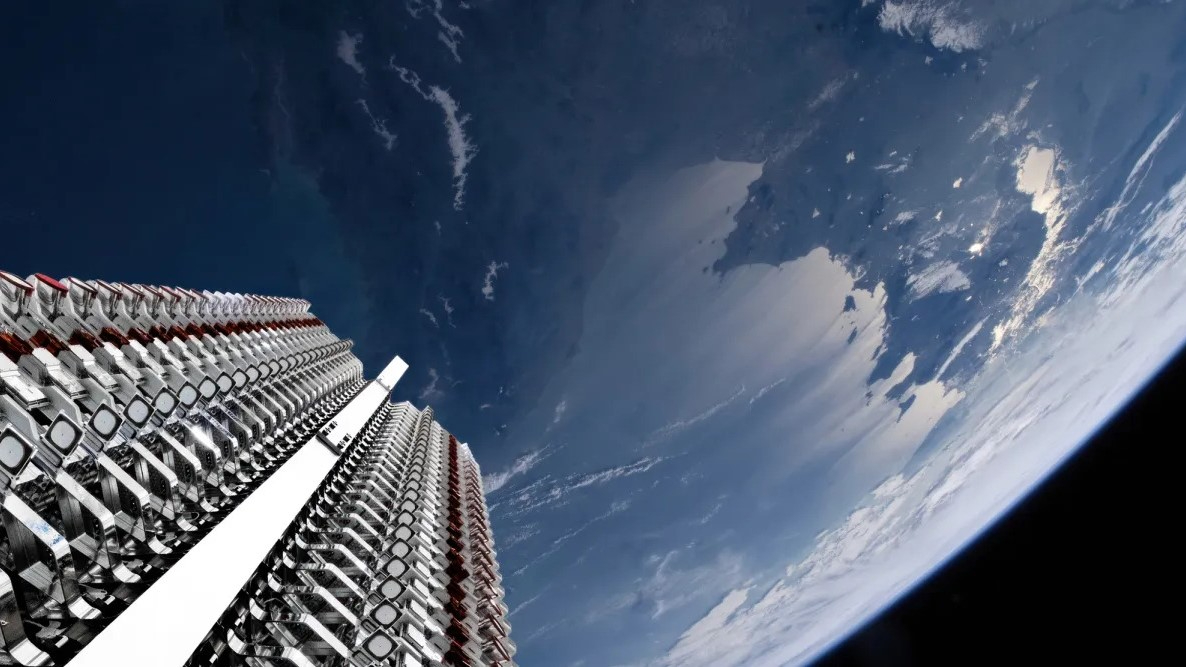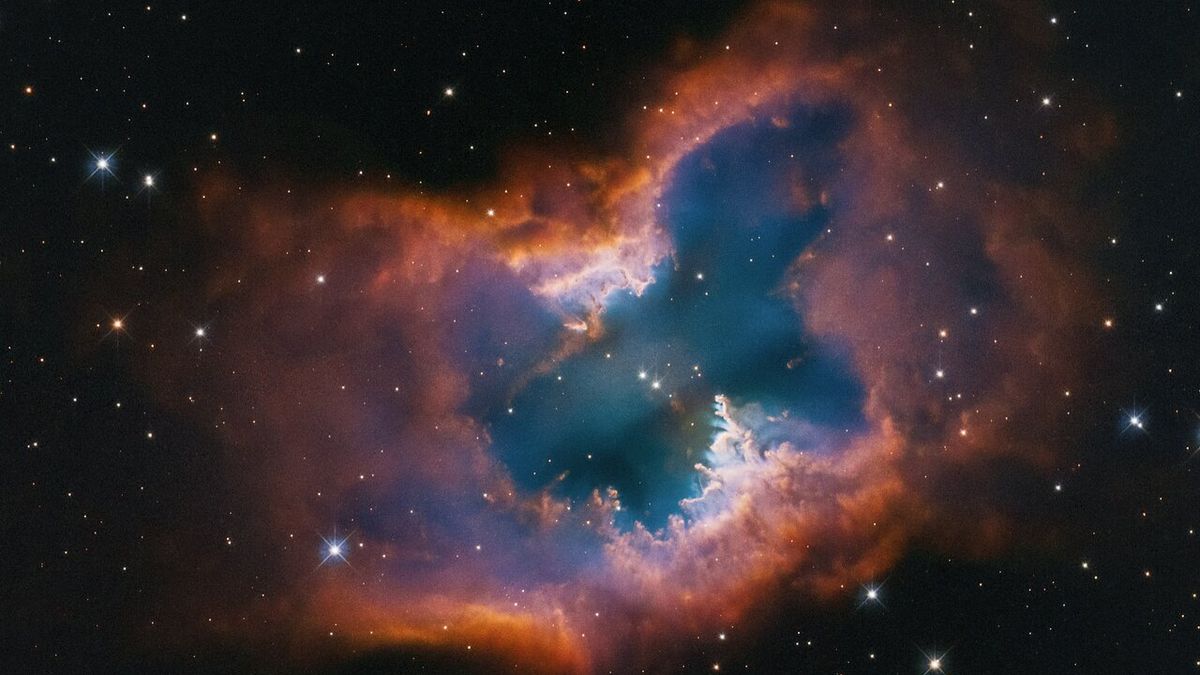Germany's armed forces are planning to build their own constellation of satellites, to avoid becoming reliant on SpaceX's Starlink or other orbiting communications networks.
Germany's military, or Bundeswehr, is looking to build at least one constellation of hundreds of satellites to provide communications services and possibly other applications, including remote sensing, according to a report from the German media outlet Handelsblatt.
The constellation is to be constructed by around 2029, though it is not clear if this refers to starting or completing the project.
Handelsblatt confirmed the plans with a German Ministry of Defense spokesperson, but details such as cost and design could not be shared due to national security. It was stated that various deployment options are being explored to meet growing demand using domestic capabilities.
The importance of satellites for providing communications in wartime has been highlighted by the role of SpaceX's Starlink megaconstellation in Ukraine's response to the ongoing Russian invasion, which began in February 2022. Recent reports suggest that Russia and China are looking at ways of countering the constellation.
The Handelsblatt report states that Germany has so far relied on satellite systems from allies, but that geopolitical uncertainty has made the country look to develop its own, autonomous capabilities.
The constellation for the Bundeswehr would also be separate from the European Union's planned IRIS 2 (Infrastructure for Resilience, Interconnectivity and Security by Satellite) constellation. IRIS2 aims to provide sovereign high-speed internet broadband for the continent.
Germany is also host to a number of new launch companies that are aiming to reach orbit in the near future. These include HyImpulse, Rocket Factory Augsburg and Isar Aerospace, which recently made its first orbital launch attempt from Andøya Spaceport in Norway. These could be involved in launching satellites for the Bundeswehr.
These companies and more across the continent are likely to compete in the European Launcher Challenge to support the development of new launch vehicles and boost Europe's access to space.








 English (US) ·
English (US) ·